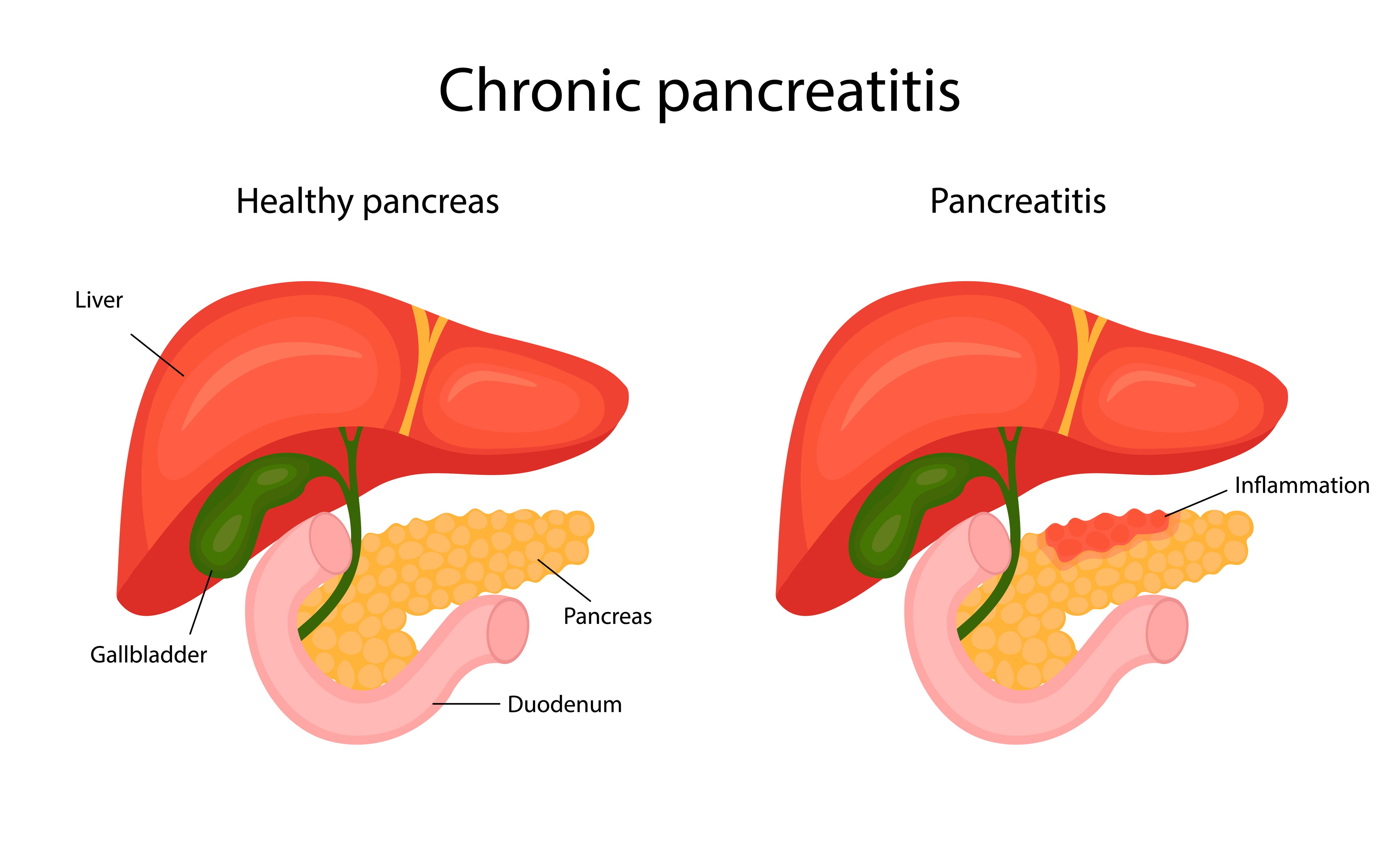What is pancreatitis? 4 symptoms to look out for after Travis Barker diagnosis
The condition is under the spotlight after drummer Travis Barker was hospitalised earlier this week with the ailment
Your support helps us to tell the story
From reproductive rights to climate change to Big Tech, The Independent is on the ground when the story is developing. Whether it's investigating the financials of Elon Musk's pro-Trump PAC or producing our latest documentary, 'The A Word', which shines a light on the American women fighting for reproductive rights, we know how important it is to parse out the facts from the messaging.
At such a critical moment in US history, we need reporters on the ground. Your donation allows us to keep sending journalists to speak to both sides of the story.
The Independent is trusted by Americans across the entire political spectrum. And unlike many other quality news outlets, we choose not to lock Americans out of our reporting and analysis with paywalls. We believe quality journalism should be available to everyone, paid for by those who can afford it.
Your support makes all the difference.Kourtney Kardashian is keeping a bedside vigil after her husband, Travis Barker, was rushed to Cedars-Sinai Medical Centre in Los Angeles on Tuesday following reports of pancreatitis.
While neither of the pair have shared a public update on the situation, sources connected to the family have reported that his admission relates to an inflamed pancreas which may have been triggered by a colonoscopy, a test to assess the health of your bowels.
But what is pancreatitis? Here’s everything you need to know.
What is pancreatitis?

Pancreatitis is inflammation of the pancreas, a small organ located behind the stomach that helps with digestion.
According to the NHS, acute pancreatitis is when the pancreas becomes swollen over a short period of time.
It states that while most people with acute pancreatitis start to see an improvement in their symptoms within about a week and have no further problems, some people can go on to develop serious complications.
Acute pancreatitis is also different from chronic pancreatitis, where the pancreas has become permanently damaged from inflammation over many years.
What are the symptoms of pancreatitis?

The signs and symptoms of pancreatitis can vary depending on what type you experience.
Generally speaking, pancreatitis can be identified by suddenly experiencing severe pain in your upper abdomen, feeling or being sick, and a high temperature of 38C or higher (a fever).
Abdominal pain that radiates to your back may also be a sign of acute pancreatitis, as is tenderness when touching the abdomen, and a rapid pulse.
Chronic pancreatitis symptoms include upper abdominal pain, abdominal pain that feels worse after eating, and losing weight without trying.
The NHS advises patients to contact a GP immediately if you suddenly develop severe abdominal pain, or to contact NHS 111 for advice.
What causes pancreatitis?
Acute pancreatitis is most often linked to gallstones and drinking too much alcohol, but it’s not always clear what the cause is.
Certain medications, pancreatic cancer, abdominal surgery, cystic fibrosis and injury to the abdomen may also trigger the condition.
How is pancreatitis treated?
Mild cases of pancreatitis improve with treatment, but severe cases can cause life-threatening complications.
Patients suffering with acute pancreatitis are usually admitted to hospital for treatment. Here, they may be fed and hydrated intravenously, and given strong drugs to help relieve pain.
They may also be required to have their stomach drained with a tube placed through their nose.
Most people with acute pancreatitis improve within a week and are well enough to leave hospital after a few days.
In severe cases, however, recovery can take longer as people can develop complications.


Join our commenting forum
Join thought-provoking conversations, follow other Independent readers and see their replies
Comments